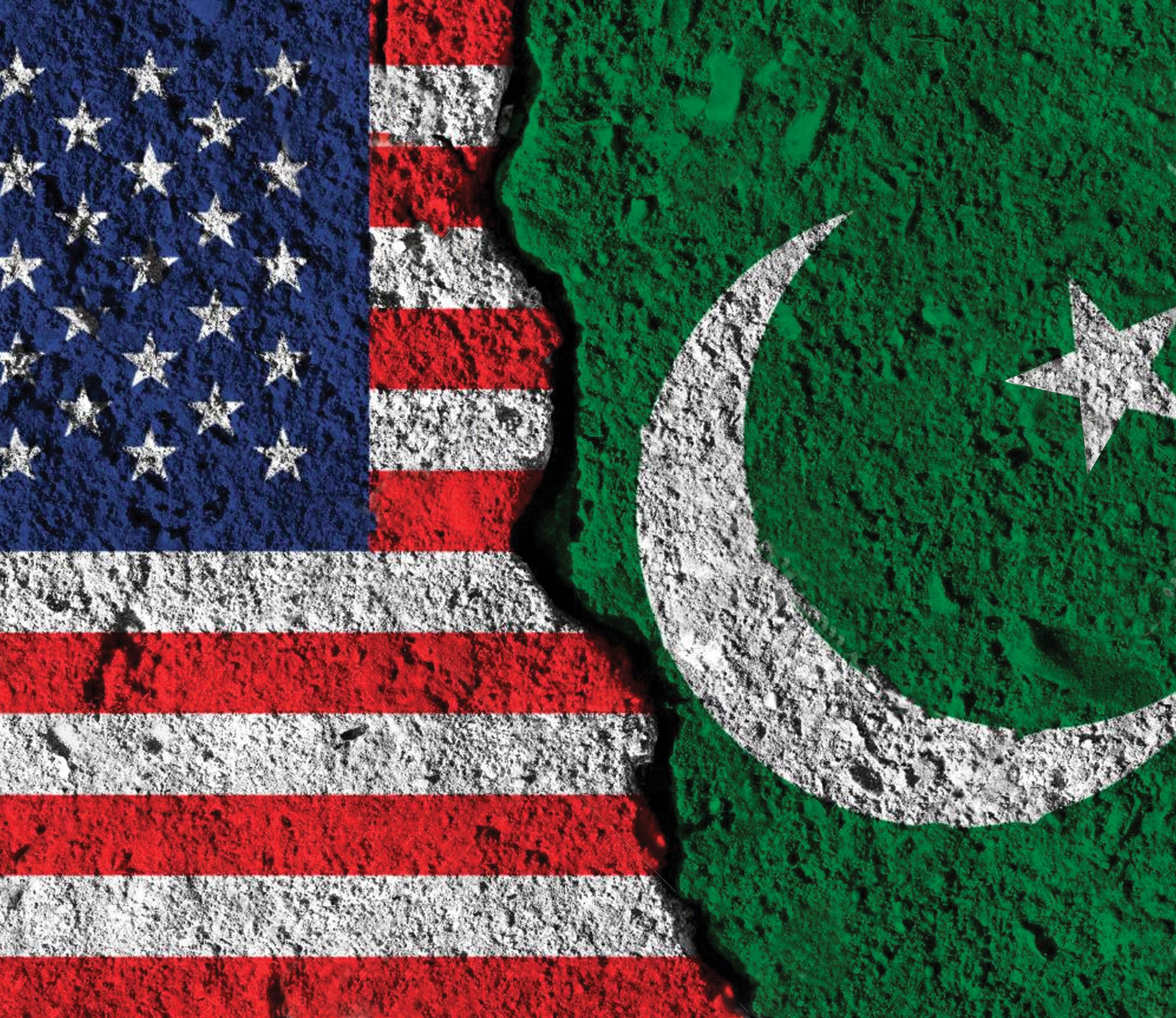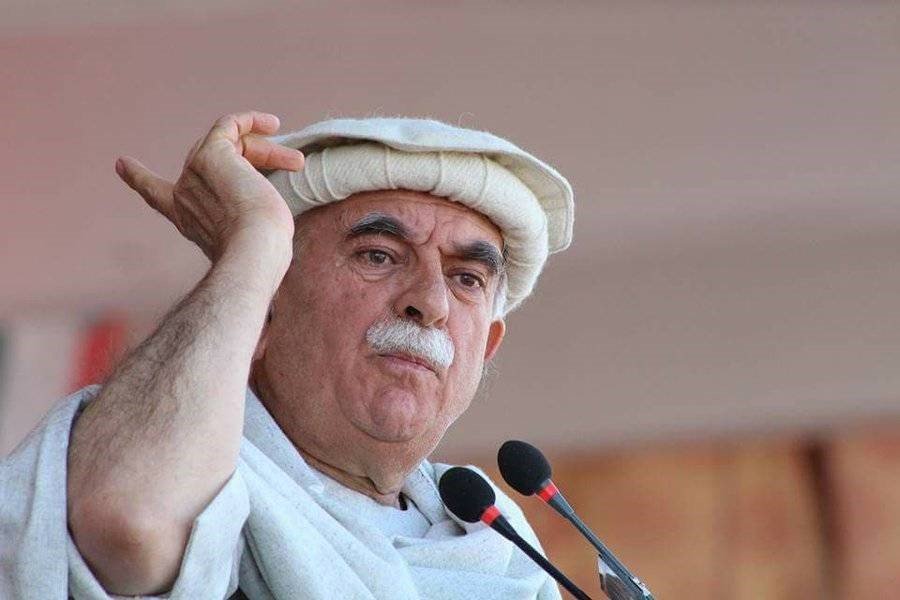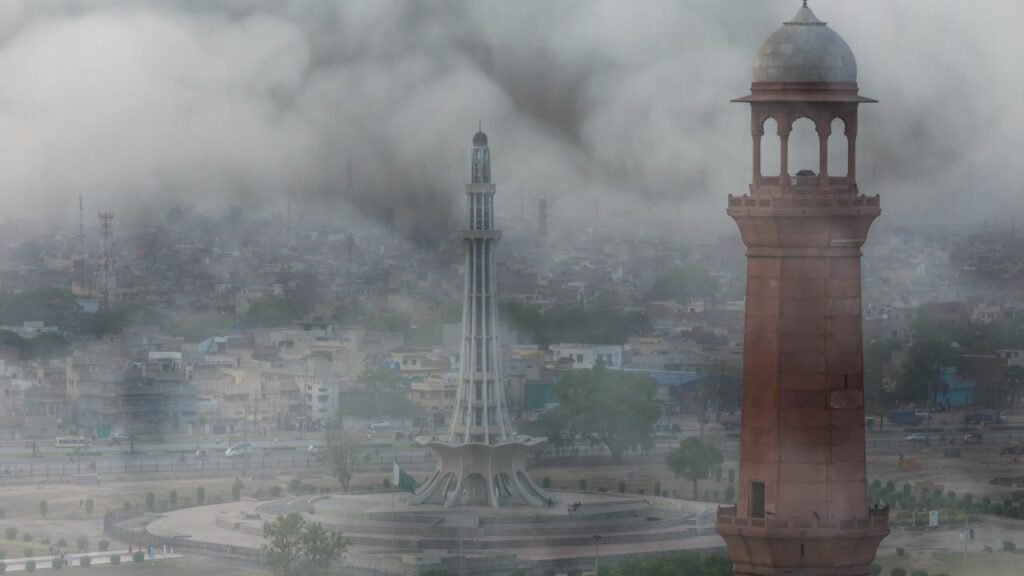Arshad Mahmood Awan
In 2025, Pakistan–US relations appear to be entering a delicate yet potentially transformative phase. The geopolitical importance of Pakistan has long been acknowledged by Washington, and former President Donald Trump himself had, at one point, lauded Pakistan’s role in combating terrorism. That recognition, while significant, now exists within a much broader framework of evolving bilateral interests—ranging from economic cooperation to democracy promotion—that could either propel the relationship forward or plunge it into renewed discord.
A recent wave of diplomatic activity suggests that the United States is once again exploring the possibility of resetting ties with Pakistan after a turbulent few years. Secretary of State Marco Rubio’s call to Pakistan’s leadership, alongside several high-level meetings and congressional visits to Islamabad, hints at a renewed willingness to engage constructively. The subtext is clear: Washington sees Pakistan as more than just a regional ally—it recognizes its strategic relevance, particularly as global dynamics continue to shift.
Adding a new dimension to this engagement is the growing interest of American businesses in Pakistan’s mineral sector. With Pakistan sitting on untapped reserves of rare earth elements and other critical minerals, the opportunity for collaboration is vast. If managed carefully, this could be a cornerstone for stronger bilateral ties. A sustainable, transparent framework for foreign investment in mining and infrastructure could pave the way for deeper cooperation—something both countries urgently need.
However, this economic optimism is tempered by unresolved trade tensions. The imposition of a 29% tariff on Pakistani exports to the US has created significant concern in Islamabad, particularly given the $6 billion annual trade volume at stake. In response, Pakistan is reportedly preparing to send a high-level delegation to Washington to negotiate a rollback or compromise. A middle ground may be possible, but it will require pragmatic diplomacy and a willingness to address core concerns on both sides—especially regarding transparency, compliance, and governance reforms.
Despite these promising developments, a series of political irritants threaten to derail progress. Chief among them is the pro-democracy legislation introduced in the US Congress, which directly addresses Pakistan’s internal political situation following the controversial February 8, 2024 elections. This legislation calls for the release of political prisoners, including former Prime Minister Imran Khan, and demands a credible review of election-related excesses.
From Washington’s perspective, this push reflects long-standing American commitments to democracy and human rights. But for Islamabad, it raises uncomfortable questions about sovereignty and external interference. While Pakistani officials are keen to frame this as a domestic matter, the global spotlight—and growing pressure from the Pakistani diaspora—means that it cannot be ignored. The challenge now is to balance domestic political control with international expectations, especially if Pakistan wishes to retain goodwill in Washington.
The visit of US Congressmen to Islamabad, after a two-year diplomatic lull, was a positive signal. It was perceived by some as an indication of warming ties, and both the government and the PTI opposition were quick to claim it as a sign of support for their respective positions. However, analysts caution that this visit was unofficial, with legislators acting in a personal capacity rather than as emissaries of the US administration.
Even so, the symbolism was not lost. The discussions reportedly covered a wide array of issues, from trade and investment to regional security and technology transfer. There was broad consensus on the need to strengthen cooperation in these areas. Yet, to turn these aspirations into concrete action, both sides will need to de-escalate political sensitivities and focus on people-centric diplomacy.
Indeed, one of the most effective ways to recalibrate Pakistan–US relations is by shifting the conversation away from political powerplays and toward citizen-focused cooperation. Whether it’s through education partnerships, health initiatives, green energy collaboration, or digital economy ventures, the emphasis must be on benefiting ordinary citizens in both countries. Only then can the relationship be truly resilient and future-proof.
Another key stakeholder in this equation is the Pakistani diaspora in the United States. Comprising professionals, entrepreneurs, academics, and activists, this community has consistently advocated for a more balanced and democratic Pakistan. Their voices are becoming increasingly influential, and US lawmakers are listening. Ignoring their concerns about political repression or civil rights violations in Pakistan will only deepen mistrust and complicate diplomatic efforts.
Please subscribe to the YouTube channel of republicpolicy.com for quality podcasts:
So where does this leave the future of Pakistan–US ties?
The truth is that this relationship remains complex and layered. On one hand, the potential for economic synergy, strategic collaboration, and technological exchange is enormous. On the other hand, unresolved issues around human rights, democratic governance, and sovereignty continue to cause friction. Both countries will have to navigate these contradictions with care.
The US sees Pakistan as a key partner in the region—not just in terms of counterterrorism, but also in terms of regional connectivity, climate resilience, and supply chain diversification. Meanwhile, Pakistan cannot afford to alienate the West, particularly at a time when it is seeking debt relief, foreign investment, and global legitimacy. A transactional approach will no longer suffice. What is needed now is a mature, mutually respectful partnership grounded in shared values and practical cooperation.
To move forward, Pakistan must demonstrate that it is willing to engage constructively—not just on economic terms, but also on the rule of law and democratic norms. This doesn’t mean surrendering its sovereignty or letting foreign powers dictate its internal affairs. It simply means living up to its own constitutional commitments and ensuring that its democratic institutions are robust, inclusive, and accountable.
Meanwhile, the US must resist the temptation to view Pakistan solely through the lens of strategic utility. Investing in democratic development, civil society, and grassroots innovation is just as important as geopolitical alignment. If Washington truly wants a stable and prosperous South Asia, it must support Pakistan in becoming a stronger democracy—not just a strategic ally.
In conclusion, the road ahead for Pakistan–US relations is full of promise, but also pitfalls. There is a genuine opportunity to rebuild trust, expand economic ties, and foster long-term strategic collaboration. But this can only happen if both sides are willing to address the uncomfortable issues that have long undermined their partnership. That means dealing with trade imbalances, resolving political disagreements with sensitivity, and above all, ensuring that the relationship benefits the people—not just the policymakers. Only then can this bilateral relationship evolve into a truly modern and meaningful alliance.















